Spazio Donna, evaluation of the projects to foster women empowerment and contrast gender-based violence
Title Spazio Donna, empowerment femminile
Location Napoli, Roma, Cosenza – Italy
Duration January -December 2021
| Partners |
|
Funding Fondo di Beneficenza Intesa San Paolo
Context
The Spazio Donna project, promoted by WeWorld, has activated meeting and socialisation spaces in various Italian cities for women, including victims of violence, who live in difficult contexts. The various Women’s Spaces aim to develop and increase women’s empowerment and at the same time to foster the construction of an active, participatory, collaborative, non-discriminatory community of citizens capable of reducing gender-based violence through prevention and the emergence of risk situations.
Eight Women’s Spaces are active in Italy, in the cities of Milan, Brescia, Bologna, Rome, Naples, Cosenza and Pescara. Funding from the Intesa San Paolo Charity Fund has covered 4 of these Spaces, namely Brescia, Milan Giambellino, Rome and Naples.
In each Women’s Space, free interventions and initiatives are organised to promote women’s self-esteem, planning and autonomy through work on the various dimensions of empowerment. It is precisely the work on empowerment that triggers processes of awareness that, in many cases, bring to light situations of domestic violence. The Women’s Spaces represent, in fact, a place of emergence, a place where alarm bells can be identified in the stories brought by women.
In each city, the Women’s Space is managed by WeWorld’s partners, namely:
- Brescia: Il Calabrone Cooperativa Sociale ETS
- Milano Giambellino: We World
- Napoli Scampia: We World
- Roma San Basilio: Be Free Cooperativa Sociale
In the 12 months of the project, many women have been involved in theses Spaces, participating in psycho-physical wellbeing activities, training and work orientation activities, cultural activities, or have benefited from parenting support services.
General Objective
The M&E and Impact Evaluation Unit was involved to estimate the impact of the project on the empowerment of the beneficiaries based on their perceptions and degree of attribution of change associated with the different project actions.
Our contribution
The socio-economic-political context of the three cities in which the project is implemented is very different, and for these reasons the activities of each Space are implemented in a way that adapts to the context and needs of the beneficiaries, while maintaining a certain degree of uniformity in the actions and methodologies of intervention.
The evaluation methodology was therefore designed in such a way as to capture in all three projects the changes generated in the beneficiaries and main stakeholders, combined with the desk analysis of the documents produced within the project and the quantitative analysis of the data collected through the questionnaires administered to staff and women.
For the purpose of evaluation, Researchers privileged a participatory and qualitative methodology. In particular, they conducted semi-structured interviews and structured focus group discussion, in order to estimate the impact of the project on women’s empowerment starting from the perceptions of the beneficiaries and the degree of attribution of change associated with the different actions of the project.
Given the complexity of evaluating an empowerment process and in order to make the evaluation as standardised as possible, Researchers developed a Theoretical Framework on Empowerment on the basis of they elaborated the questionnaires. The success of each intervention was therefore measured on the basis of the degree of achievement of the empowerment dimensions identified as objectives for the beneficiaries.
Spazio Donna è un germoglio: qualcosa dove tutto può fiorire, e mi sono chiesta se potevo fiorire anche io. Ci ho provato, e sono fiorita.
Beneficiaria di Spazio Donna Cosenza
Read more on our M&E and Impact Evaluation Unit
Related Projects
-

Evaluation of the project that promotes food security and climate resilience in Mozambique
-
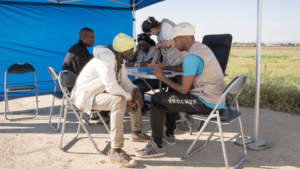
Evaluation of the project strengthening migrants’ right to health in Italy, Greece and Malta
-
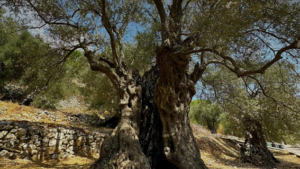
Final evaluation of the project that strengthens olive farmers’ resilience in Southern Lebanon
-
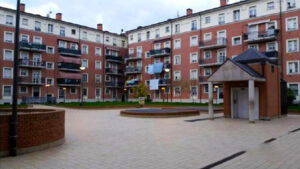
Social impact assessment of the Rapporti Corti project for socio-educational inclusion in the Navile district of Bologna
-

Evaluation of the Naseej project to stop gender-based violence in Iraq, Yemen, and Palestine
-
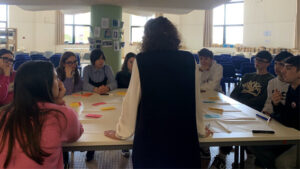
Evaluation of the project that promotes youth employment in Italy
-
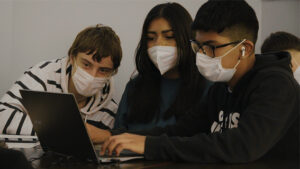
Final evaluation of the ‘5G Smart School’ project for innovative teaching in Italian schools
-
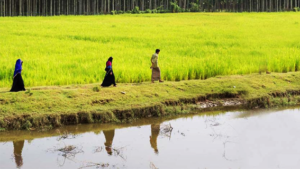
Evaluation of the project that fosters mainstreaming migration into international cooperation and development policies
-

Final evaluation of a project to contrast educational poverty in Albania
-
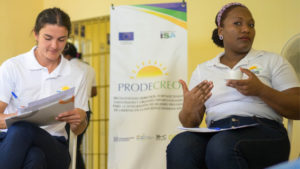
Evaluation of the project PRODECREO to promote the rights and socio-occupational reintegration of women deprived of their liberty in the Dominican Republic
-
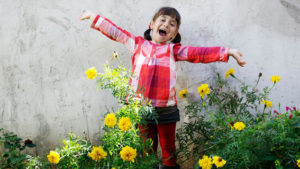
Final evaluation of the SOS Children’s Villages family strengthening project in Bosnia and Croatia
-

Evaluation of the project for the motor rehabilitation of oncological children in Turin
-
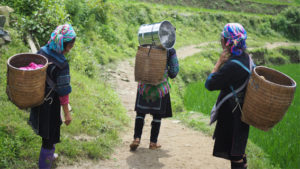
Evaluation of the project that aims to improve the health of the most vulnerable in Myanmar
-
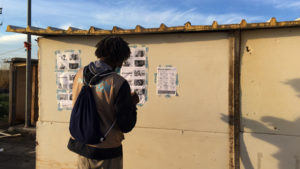
Final evaluation of the project that fosters proximity social-health services in the informal settlements of the Province of Foggia
-

Food Wave, Monitoring the project that promotes sustainable food consumption among young Europeans
-

Spazio Donna, evaluation of the projects to foster women empowerment and contrast gender-based violence
-

Evaluation of the projects “M’Interesso di Te” that tackle unaccompanied foreign minors’ integration
-
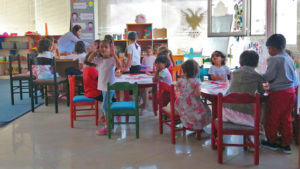
Evaluation of psycho-socio-sanitary interventions in response to the COVID-19 pandemic and the earthquake in Albania
-
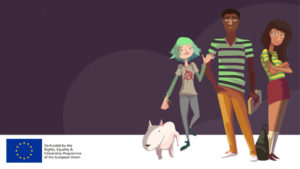
Final evaluation of the Youth For Love project to raise young people’s awareness of gender-based violence
-
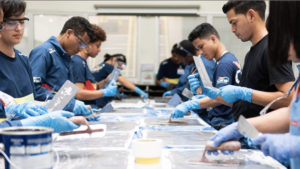
Multi-country mid-term evaluation of the YouthCan! programme, promoting the employability of vulnerable young people
-
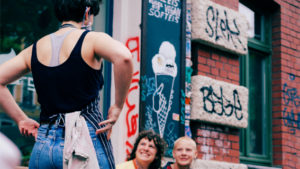
Final evaluation of WEGO2 to support women economic empowerment contrasting intimate partner violence
-
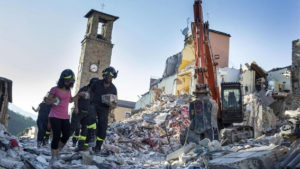
Action Research for the project Do.N.N.E against gender-based violence in Central Italy
-

Evaluation of the project “Mentors for Resilience” to contrast educational poverty
-
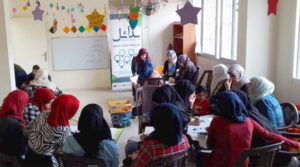
Outcome Harvesting of the project that aims to promote stability and social enterprise in Lebanon
-
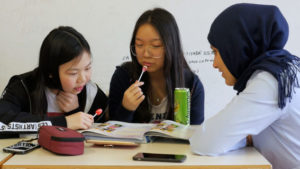
Yearly evaluation and impact evaluation of a programme to foster social inclusion in Tuscany
-
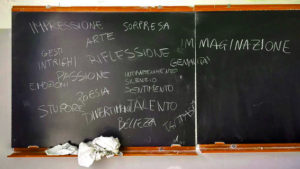
Evaluation of the project “Dreams and Needs” to contrast educational poverty in Italy
-
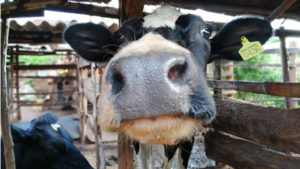
Mid-term evaluation of the project MilKy for the development of a sustainable dairy supply chain in Kenya
-

Final evaluation of Pe.R.Co.rrere: resilience of communities in Center Italy
-

Evaluation of the promotion campaign for Piave DOP cheese in Austria, Germany and Italy
-
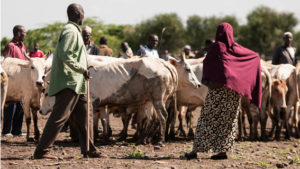
Mid-term & final evaluation of a project to strengthen resilience to climate shocks in Kenya
-
Evaluation of the promotion campaign for Italian specialities in Japan
-
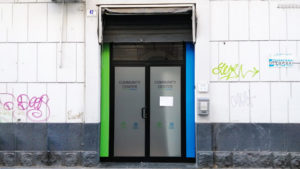
Community center, final evaluation of the social inclusion project
-
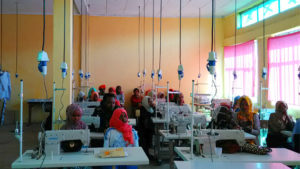
Mid-term evaluation of the project to contrast irregular migration in Ethiopia
-
Mid-term evaluation of the project for the conservation of Protected Areas in Albania
-

Social Impact Assessment of children’s protection programmes in Kyrgyzstan
-
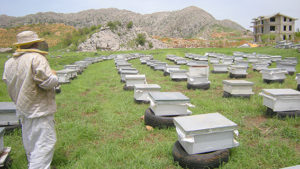
Monitoring&Evaluation of reintegration services for drug addicts and ex-addicts in Lebanon
-
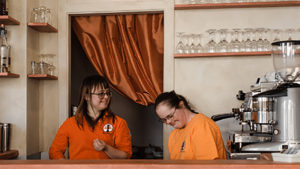
SROI Analysis, Albergo Etico social performance
-
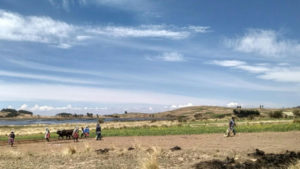
ECO.COM: strengthening local economic development in Bolivia
-

Improving the sustainability in the cherry supply chain in Bulgaria and Turkey
-
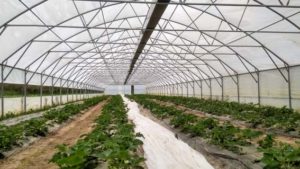
Evaluating sustainable agricultural supply chains in Bosnia Herzegovina and Albania
-
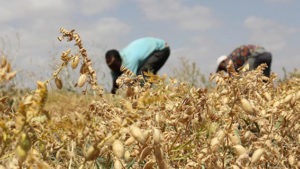
Impact evaluation of the creation of a durum wheat supply chain in Ethiopia
-
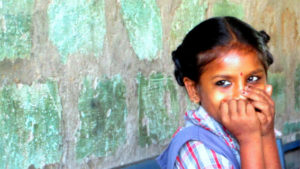
Impact evaluation of a Rehabilitation programme in India